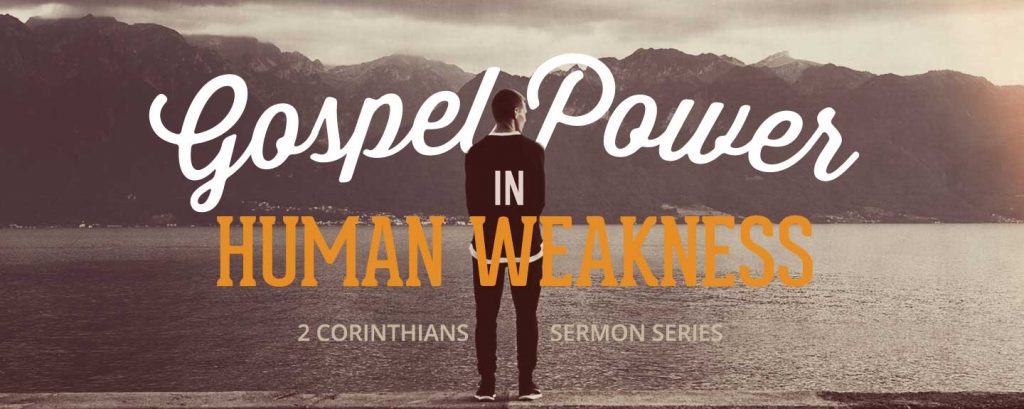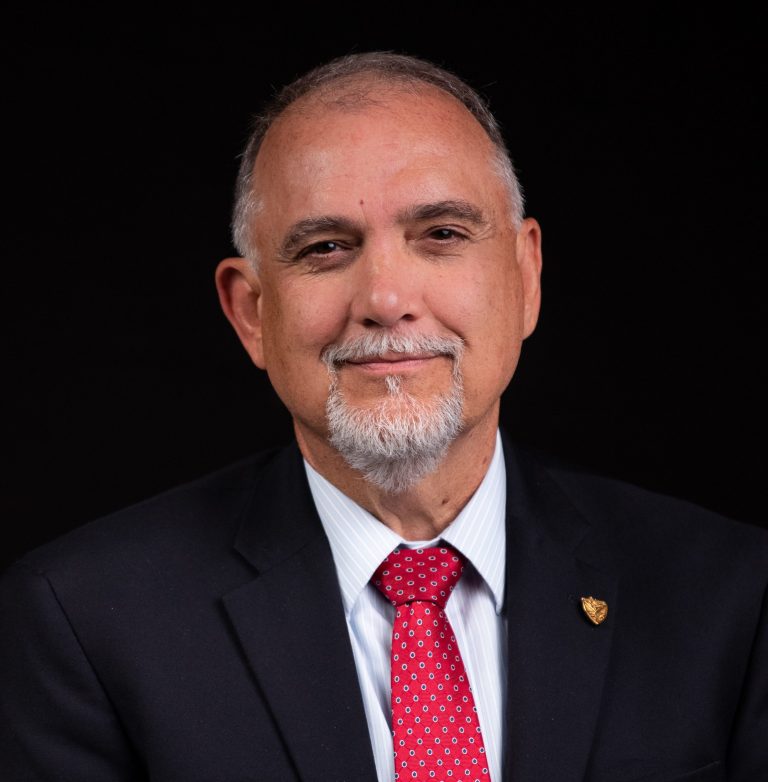Pastor Tom Ascol introduces a series on the book of 2 Corinthians with an emphasis on 2 Corinthians 1:1-2. In setting the stage for the study of this book Pastor introduces the city, Paul’s relationship to the Corinthian church, the nature and reason for this epistle, and Paul’s apostleship.
The city, while relatively young, was very strategic. An important Roman colony, Corinth sat at the isthmus connecting mainland Greece to the Peloponnese peninsula a crucial point for both travel and commerce making it a key “crossroad” between Europe and Asia. It was also the “crossroad” of Greece and hosted the biennial Olympic-like Isthmian games. Corinth was thoroughly pagan, hosting temples to many in the Greek pantheon with a special emphasis on Aphrodite, the goddess of love. Despite the prevalence of worldly sin Corinth had a substantial Jewish population.
Paul had planted the Corinthian church on his second missionary journey about 49-50 AD. He stayed and taught for eighteen months. Sometime after leaving he made a short “painful visit” back to correct error in the church. Despite Paul’s teaching the church was filled with problems. The immorality of the surrounding culture crept into the church. False apostles had come and undermined Paul’s teaching going so far as to question his authority. Paul seeks to rescue the church from these false prophets, remind them of their promise to help impoverished brethren, and explain his plan. He also attempts to correct error by presenting doctrinal truths on the sufficiency of Christ, reconciliation, atonement, and justification.
Paul writes with all this in mind. While he defends his authority as an apostle he does not boast. In fact, he asserts real power in the Christian life does not come from within the believer but from God’s grace toward the believer. God’s grace is sufficient for the believer’s needs. This very truth makes 2 Corinthians so powerful today. For example, rather than supporting the health and wealth teaching current in America today it stands in direct contradiction. Outward blessings are not a sign of God’s favor. Instead, the peace and joy resulting from the mature relationship with a loving heavenly Father are evidence of God’s faithfulness. Paul’s letter shows real emotion and is very personal. In that sense it is a model of how Christians should interact with each other.
The first two verses of the book present important truths. Paul writes as an apostle with divine authority. Jesus himself called Paul to the work as Paul reiterates three times in the book of Acts. It was the “will of God” and so those denying Paul’s apostleship deny the will of God. Apostolic authority, today held by the church in the written Word of God, preserves the church’s vitality; the Word must be received as and by a people under divine authority. This is so for Corinth. Even despite their many problems Paul identifies them as “saints,” God’s church, holy ones set apart for Him.
God used His true apostles to spread the Gospel of Jesus Christ. It is only by responding to that Gospel that men may be saved. If you are not trusting Christ, you must do so today. He is the only Savior for mankind and is willing to save all that come to Him.























